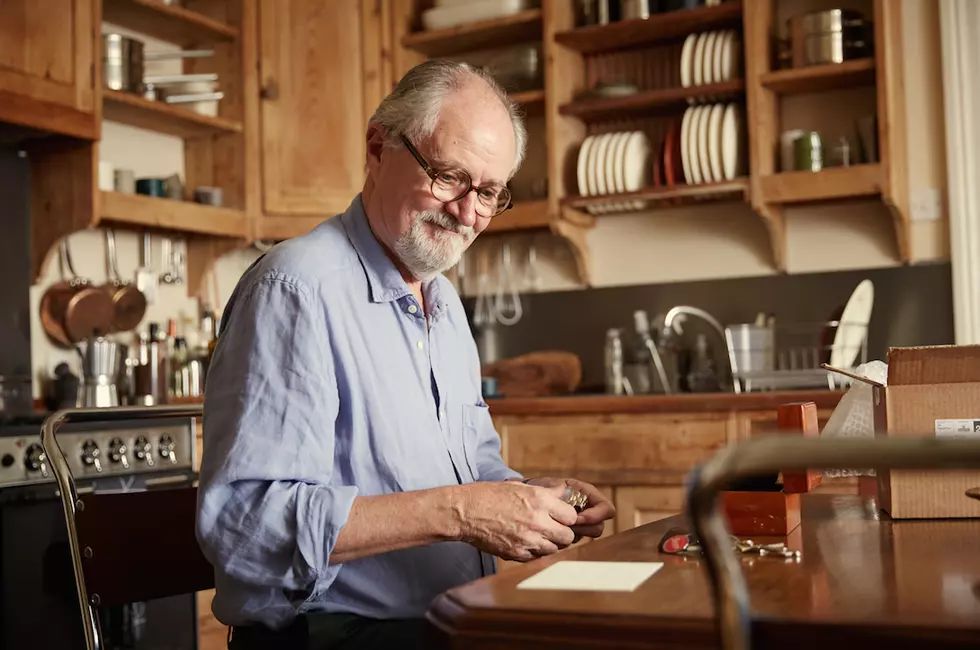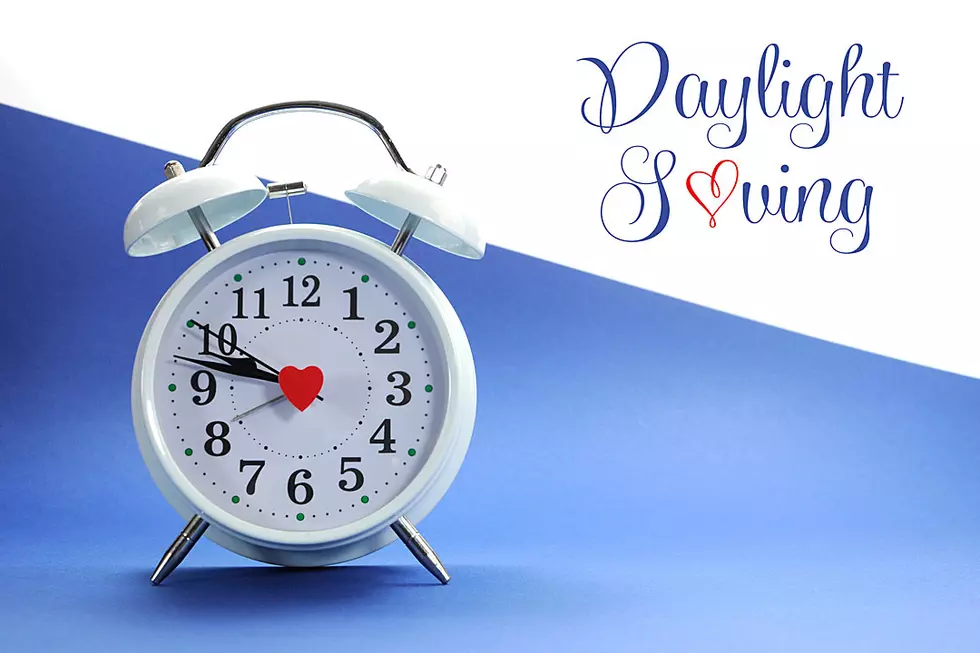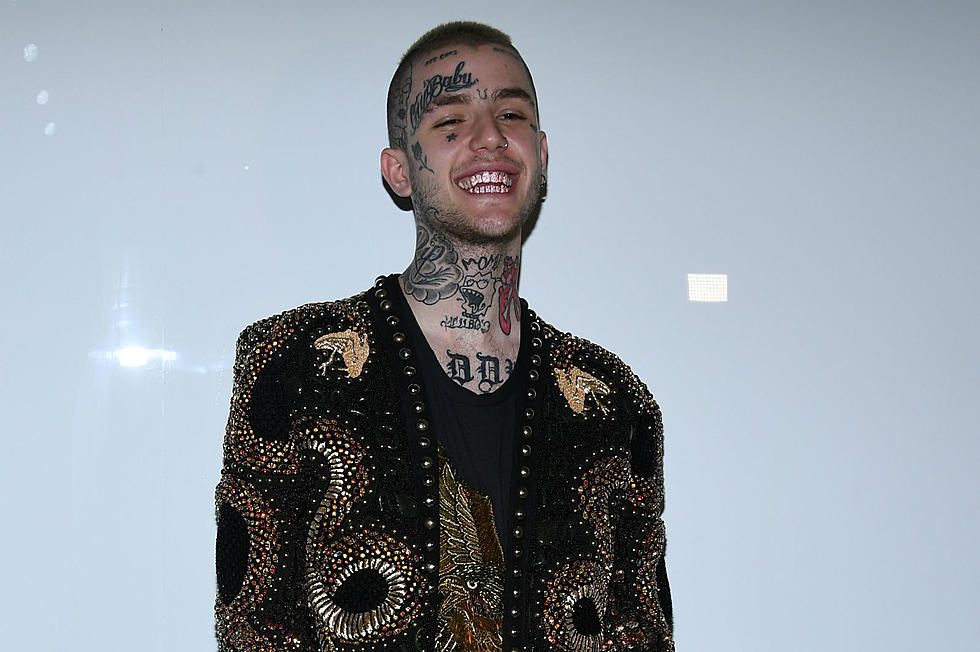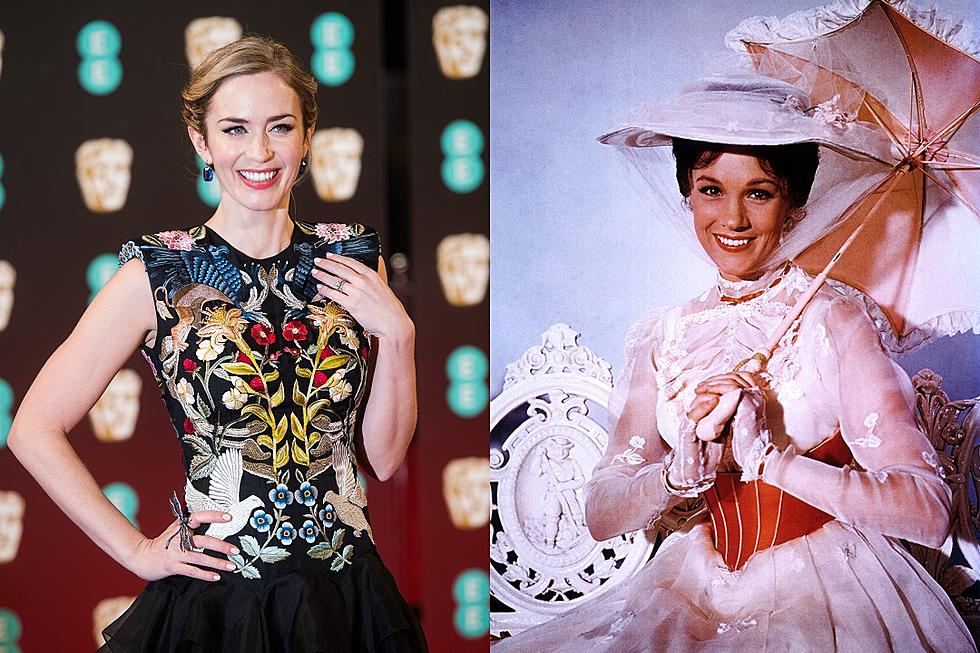
Jim Broadbent Looks Back on His Quirky Roles, ‘Harry Potter,’ and Whether He’d Return for ‘Indiana Jones 5’
Quick, name the quirkiest character Jim Broadbent has played. Are you thinking of his plastic surgeon in Brazil? Or maybe his zany Moulin Rouge! owner. What about his tiny red-haired thief in The Borrowers? But don’t forget all four of his characters in Cloud Atlas. Few actors have a resume as varied as Broadbent’s, who’s worked with everyone from Martin Scorsese to multiple collaborations with Mike Leigh.
But in Broadbent’s latest role he might be his most recognizable character yet. In The Sense of An Ending, Ritesh Batra’s adaptation of the 2011 Julian Barnes novel, Broadbent plays Tony Webster, a divorced man who runs a camera shop. When a letter arrives from a now-deceased woman from his past, Tony has flashbacks of his days as a teen when his best friend (played by Billy Lynn’s Joe Alwyn) began dating his ex-girlfriend, and the regretful thing he did in response.
I sat down with Broadbent in New York City earlier this week to talk about the new film, his upcoming role in Game of Thrones (read about who he’s playing here), and his long history of quirky characters. The actor also responded to one wild Harry Potter fan theory and whether or not he’d return for the upcoming Indiana Jones sequel.
Were you familiar with the book before you got the script?
No, but when I knew the script was coming, I read the book first. I read the book before I read the script. I think it is a good way to do it. I had all the knowledge of the character when I started reading. I think the script did a good job of translating the book into a screenplay. I don’t know if you have read the book, but it is quite hard to imagine how it would be made into a film because it is so much first-person all going on in his head. But the director did a great job by putting it together.
I haven’t read it, but I was reading a synopsis of the book and how so much of it jumps between Tony’s memories.
It’s all about his memories and his faulty memories and his flawed memories, and how our memories are the stories we tell ourselves and very often they are not the real story by any means. So we fool ourselves apart from trying to fool anyone else and sometimes you meet friends from childhood or youth and you recount your versions of some of it together and how at odds they are. And you’re both convinced they are the truth. Your memories are so unreliable. I like that element of the script, going into all those different indications of faulty memory and history of being really unreliable. There’s various things in the script that the history is the lies told by the defeated or the very different ones told by the victors. Completely different stories.
I think Joe Alwyn’s character Adrian has a line about that. How history can never be purely known because it’s based on different people’s memories.
Yes, when something happens it’s all you can say. Even with something that happened yesterday. The whole suicide of the boy [in the movie] The young lads [in the movie] are very good.
Did you get to spend much time with those actors on set?
No, not much at all. Billy Howle and I had lunch together before we started filming just so – we were playing the same character – so we were on the same page. He is great. They all are.
This made me think of a couple of your other roles where you play the older version of a character that’s also played by a younger actor, like in Iris and Cloud Atlas.
Yeah. Which is the one in Cloud Atlas?
We meet your character briefly as a young man. The modern day one where he’s breaking out of the old-folks home.
Was he a young man then? Yeah, that’s right.
There’s a flashback to him as a young man. The cat scene, it attacks him in the bedroom.
Yeah, that’s right. Well done. [Laughs]
I love that movie.
You like that, don’t you? It was just great to do. It was fantastic. And Iris of course, Hugh Bonneville to play the younger me. We have worked together in the theater, Hugh and I, so he – apart from the fact that it’s not bad casting facially – but he had a very good, so I was told, he partly got the job because he had a very good impersonation of me. So he knew how I would be doing it.
Wow! When you approach those roles, do you spend a lot of time with those actors to figure out the character together?
Not really. Hugh’s very bright, so he knew or guessed how I would probably – I think we spent a bit of time together. We were at the read-through together, so I always try to bring quite a lot to the readings. Sometimes some actors are sort of mumbly or restrained. I always find it quite useful to do quite a lot and then you can see what your mistakes are. We had lots of audio tape of John Bailey, the character we were playing. So we knew vocally how he was. So we both had the same source to investigate. But with The Sense of an Ending, that didn’t seem to be an issue particularly. To spend time together with it and obviously Billy had been cast because he was look alike for me, and anyway he was investigating something else and that wasn’t really important to that story.
By the time we meet we as Tony he’s in a content state in his life and this letter is what upsets that.
He claims to be content. That whole thing, “Divorce was the was the best thing we ever did.” He is not as content, he is not as happy, he’s vulnerable. And I think that is why when the letter arrives, and the possibility of Veronica coming back into his life, is why he gets sort of excited and stimulated by the whole idea. Because he is lonely really. I think that is part of it. If he was still happily married he would let it go, but he hasn’t actually got anything else in his life, really. His camera shop isn’t that exciting for him.
Do you think he needed this letter to sort of arrive so he could reconnect with his past and move forward?
Yeah, but it doesn’t necessarily bring out the best in him by any means. Perhaps more so in the film than the book there is a – he does learn and move on a bit. I think in the book as well he learns from the traumatic experience of being reminded of how badly he had behaved and seeing how he still is behaving in a rather irrational way, even though he has supposedly grown up and mature, he still likes to be behaving like a teenager. Stalking her and following her home and trying to get her to commit to seeing him. I think he does learn from that, particularly in the film, and having grandchild, which is a feature in the film but not in the book. That is another element I introduced, I think so that you can see what is going on in his mind with his relationship with his daughter.
You’ve played so many great character roles over your career. At this point do you seek out those roles, or do they just come to you?
Generally I don’t seek them out much. I wait for them to come, but I am quite picky because I always want to do things I haven’t done before. That’s why they are varied, because I think “Well, there’s one, that’s an area I’ve never had to chance to investigate.” But this [film] was case in point, really. In a way, you’d think it was typecasting. I recognized the character so easily, I’m exactly the same age, same sort of background, class. I know that man in myself and in friends. But actually it’s quite unusual for me to have something as close to me. But I’m always on the lookout for oddities and quirky characters, things that are surprising.
What was the biggest difference playing a character that felt closer to you this time versus previous ones that were so different and unusual?
Once you’ve decided, once you know the genre of the film – like Moulin Rogue! or something, it’s completely, a theatrical side of me that sometimes on stage I push that far. But once you know whatever genre it is, or I think the title character, the roles are the same really. You’ve just got to make it as real as possible. Sometimes it’s heightened. So once you tap into the character you want to keep it and hope you do a believable line reading, really. Tony is quite close to me, but it certainly felt like playing a character. It wasn’t like I was being myself. It was a character in which I didn’t have to put on any –you know I grew a beard of a particular type, sort of shaved down the sides. So there was a look that I would never myself carry, that sort of beard. It’s still playing a character is what I’m saying, it wasn’t playing me.
I loved you in Harry Potter. There’s this fan theory sort of related to your character. It’s about horcruxes and how they’re made. The theory suggests it has to do with cannibalism. Have you heard of that?
No. I haven’t. I don’t know about that. Is that right?
Yeah, well according to this fan who was trying to guess how they’re created.
Alright. Well maybe J.K. [Rowling] will investigate that.
You were also in Indiana Jones and the Crystal Skull. Spielberg announced they’re making a fifth Indiana. Any word on whether your Charles Stanford will return?
I haven’t heard. I’d be willing.
Looking back on your career, you’ve worked with so many fantastic directors – Mike Leigh, Scorsese, Terry Gilliam, the Wachowskis, Woody Allen. Are there moments that stand out as the most memorable from your time with any of them?
Because I am quite choosy, I choose everything because I think, by and large, that will be fun and exciting. So I think very often the most exciting moment of an actor’s career was getting into drama school in the first place. That was really exciting. Probably the next most exciting job to get when I thought, “Ah, that’s really going to change my life,” was probably Bullets Over Broadway. At that stage, for a Brit to get the job and coming over to New York to film, that was quite unusual. That was really exciting.
Are there any types of characters that you’ve yet to play that you’re anxious to take on one day?
No. Many of these characters that we’re talking about, I wouldn’t have thought of them. I let directors and writers come up with things for me to do that I would never have imagined I was right for. Any of them, really. Iris, I was much too young to play John Bailey. Moulin Rouge!, I can’t sing and dance. [Laughs] I suppose because of my background, I would have thought, “Oh yeah, Cloud Atlas will be fun,” because I like playing lots of different characters. But no there’s nothing I’d want to do particularly. Other people have better ideas than me.
The Sense of an Ending is now playing in select theaters.
More From AM 1490 WDBQ










